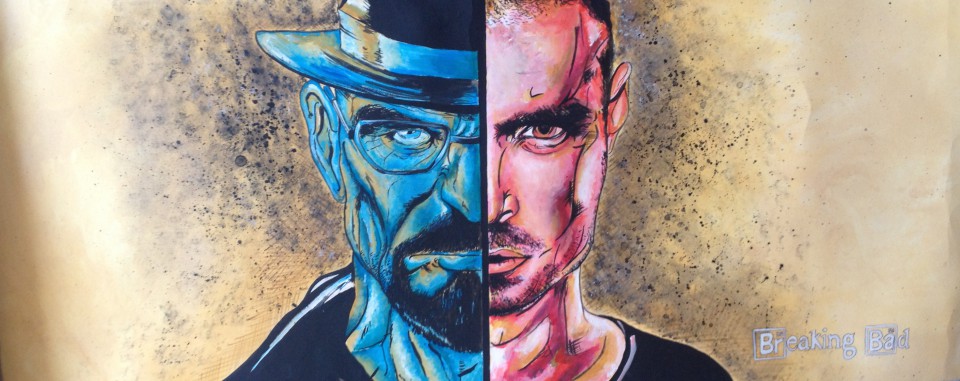Tags
Academy Awards, Adam McKay, America, Best Actor, Best Supporting Actor, Brad Pitt, CDO, Christian Bale, Cinema, Film, Jared Vennett, Mad Max Fury Road, Margot Robbie, Mark Baum, Movie Review, Ryan Gosling, Selena Gomez, Steve Carell, The Big Short, The Martian, The Oscars, The Revenant, Tom Hardy

via blog.independent.org
“The Big Short” is one of eight nominees for this year’s Best Picture Academy Award, facing off against movies such as “Mad Max: Fury Road”, “The Revenant”, and “The Martian”. If you’ve been keeping up with my reviews over the past few months then you will know that I didn’t particularly love any of “The Big Short’s” aforementioned competition, because in my opinion none of those films were anything more than average – they all have their positive aspects, but I don’t personally feel that there is anything special about them. I haven’t seen the rest of the movies that have been nominated for Best Picture yet, so prior to seeing this film I wasn’t ready to champion any film leading into awards season. This has now changed, as I can say with confidence that I loved “The Big Short”, due to its solid performances, quirky humour, and so-crazy-it-must-be-true story.
From the trailer it may appear that “The Big Short” is about a group of businessmen who discover that the banks of America have been fraudulently exploiting the system and subsequently attempt to save the day. However, whilst this movie definitely highlights the sordid practices of big banks in America, it isn’t about a crazy plan on the part of the protagonists to try and stop them. “The Big Short” is actually a true story about a group of people who realised that the American economy was on the verge of collapse and thus bet against the American housing market that it was propped up on – because the housing market seemed so strong these businessmen were able to make ridiculous profits on their investments, as banks believed that they were getting free money and were therefore happy to offer millions of dollars of payment if the businessmen were correct in their predictions.

via elle.com
Now, the subject matter that this film tackles is actually quite complicated, because as Jared Vennett (Ryan Gosling) explains at the start of the film, rich people love to use complicated words so that we get confused and leave them to their own devices. This may put potential audience members off, after all the main reason that we enjoy going to the cinema is to be entertained and get away from the stresses of everyday life, not to be lectured on the dangers of corruption.
However, the way in which this movie addresses its material is actually one of the best things about it. In “The Big Short” Adam McKay uses famous people to present complex information, breaking the fourth wall and essentially teaching the audience the information that is critical to the plot of the film. Stars such as Margot Robbie and Selena Gomez pop up out of the blue to explain what’s going on, making potentially boring moments funny whilst also pulling the audience in at what would’ve otherwise been disengaging points. When you leave the theatre you genuinely feel as though you’ve learnt things that you didn’t know, and you feel as though you have a better grasp on a crisis that has affected us all in one way or another.

via bustle.com
The performances in this film are superb across the board; in fact, I don’t think there’s a weak one to be found. It’s just a shame that there isn’t one actor who could be considered to be the lead, because I actually think that Steve Carell and Christian Bale do enough work in this film to be nominated.
I know that Bale is nominated for Best Supporting Actor, and I think that’s a fair nomination given that his character was probably the quirkiest of the bunch, but I think that the performances in this film deserve more recognition than they will end up getting. When you look at other nominations in the Supporting Actor category, such as Tom Hardy, I think that it’s criminal that people like Carell haven’t been nominated – he does so much more than Hardy did in “The Revenant” and his performance is so much more considered. He has a great handle on his character in this movie, and he provides the audience with a real protagonist due to his frustration at the way the world works.

via nytimes.com
The fact that the cast of “The Big Short” is so large helps the film in a lot of ways, because to watch one type of person attempt to exploit the broken system that was the American housing market might’ve been boring after a while – there’s only so many times one person can explain what a CDO (Collateralized Debt Obligation) is without it becoming tedious. However, having a lot of people from different backgrounds attack the same problem from different angles made the whole film that bit more interesting and kept the subject matter exciting.
“The Big Short” is an engaging and well-conceived film about important events in our recent history. It takes on potentially frustrating subject matter like greed and corruption and puts a comedic face on them, making the bastards of this world look like the idiots that they are – as Mark Baum (Steve Carell) says towards the end of the movie, fraud just doesn’t work. It’s a fantastic piece of cinema on every level, telling an incredible story in a confident and assured way. With fantastic performances and exquisite direction from Adam McKay, “The Big Short” is a brilliant film.
9/10





















